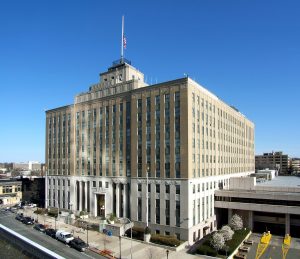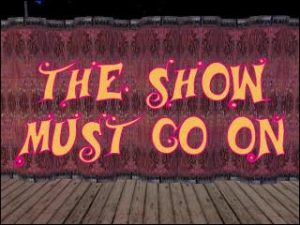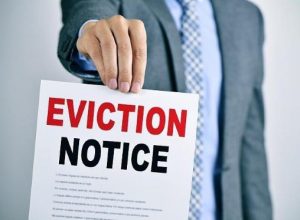 Prior blog posts have discussed the concept of surplus monies in foreclosure proceedings. Surplus funds occur when a property is sold at a public foreclosure auction, and the amount bid exceeds the amount of debt owed on the property. For example, a homeowner defaults on his mortgage, and owes $300,000.00 to his lender. After extensive legal proceedings, the house is sold at public auction, and the winning bid is $400,000.00. There is therefore an “extra” $100,000.00 now available. Does the defaulting homeowner have a right to these surplus funds?
Prior blog posts have discussed the concept of surplus monies in foreclosure proceedings. Surplus funds occur when a property is sold at a public foreclosure auction, and the amount bid exceeds the amount of debt owed on the property. For example, a homeowner defaults on his mortgage, and owes $300,000.00 to his lender. After extensive legal proceedings, the house is sold at public auction, and the winning bid is $400,000.00. There is therefore an “extra” $100,000.00 now available. Does the defaulting homeowner have a right to these surplus funds?
The answer is yes. In general, subject to other liens, the owner of the property which is sold at auction has the right to collect the surplus funds if the house is sold for more than the foreclosing creditor (usually a bank) is owed. How does the former owner of the property go about collecting these funds? We would advise that any homeowner who may be in such a position to engage experienced counsel to represent his interests. The reason is that collecting surplus funds requires knowledge of the Court system and the procedures necessary to allow the funds to be disbursed.
When a property is sold at auction, a Court-appointed Referee is responsible for collecting the funds from the winning bidder, and paying off the creditor who brought the foreclosure action. Once this is done, the Referee will file a report in the appropriate Court, showing an accounting of the sums received from the auction, and the disbursement of same. The report will also show whether there were surplus funds; that is, whether the winning bid exceeded the amount owed to the foreclosing entity. If that is the case, the Referee will deposit the surplus funds with the Department of Finance in the County in which the foreclosure took place.
 New York Real Estate Lawyers Blog
New York Real Estate Lawyers Blog










